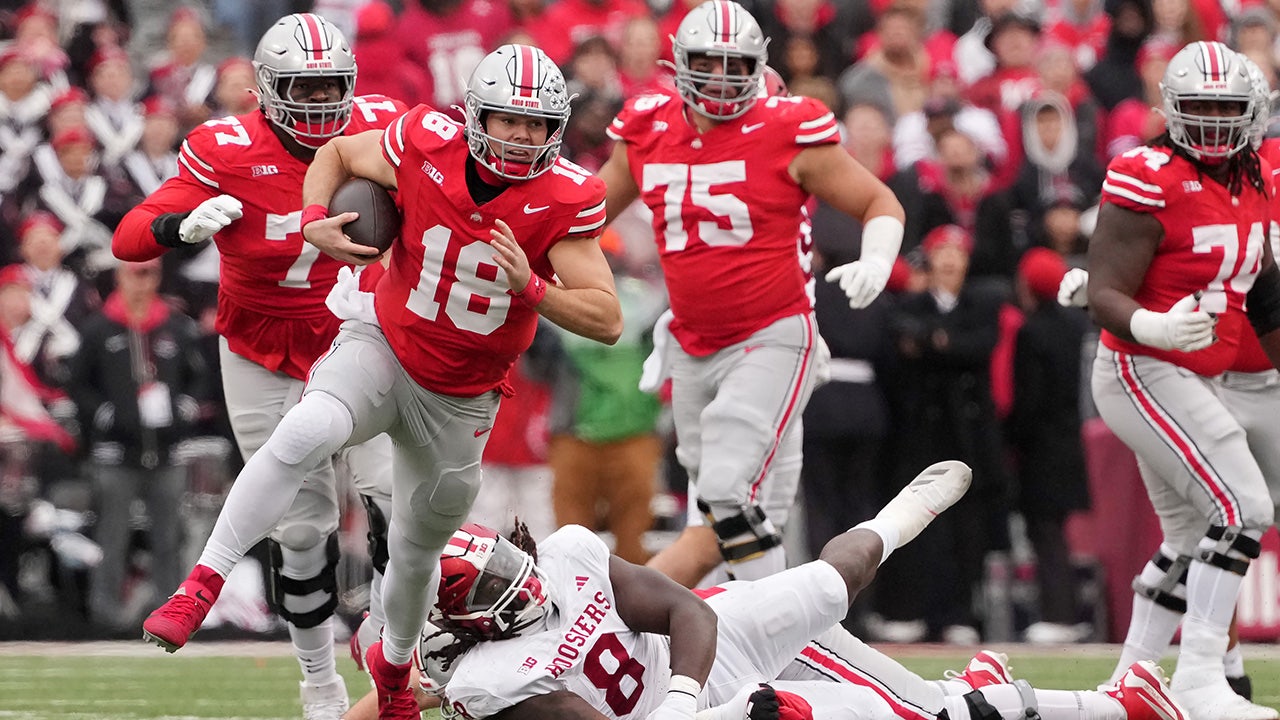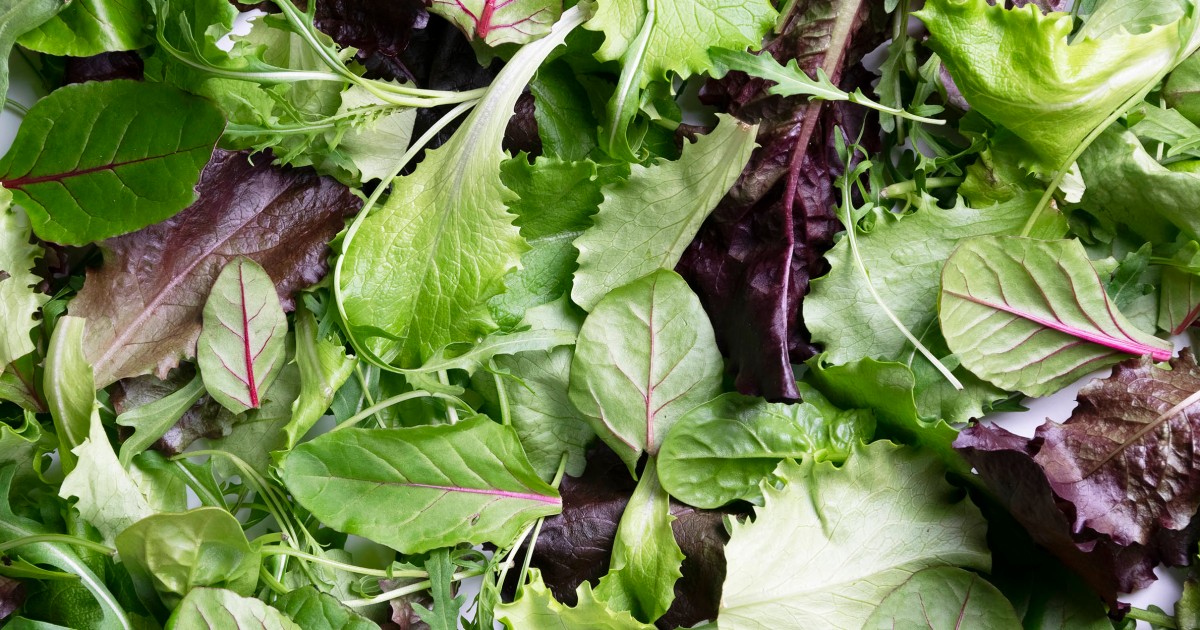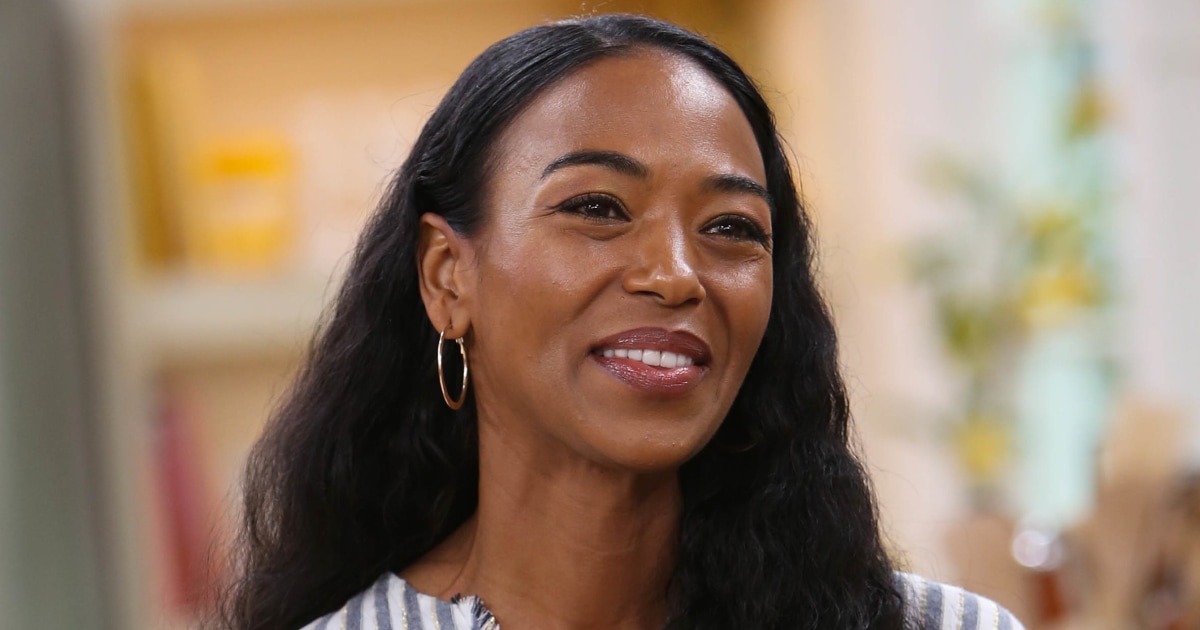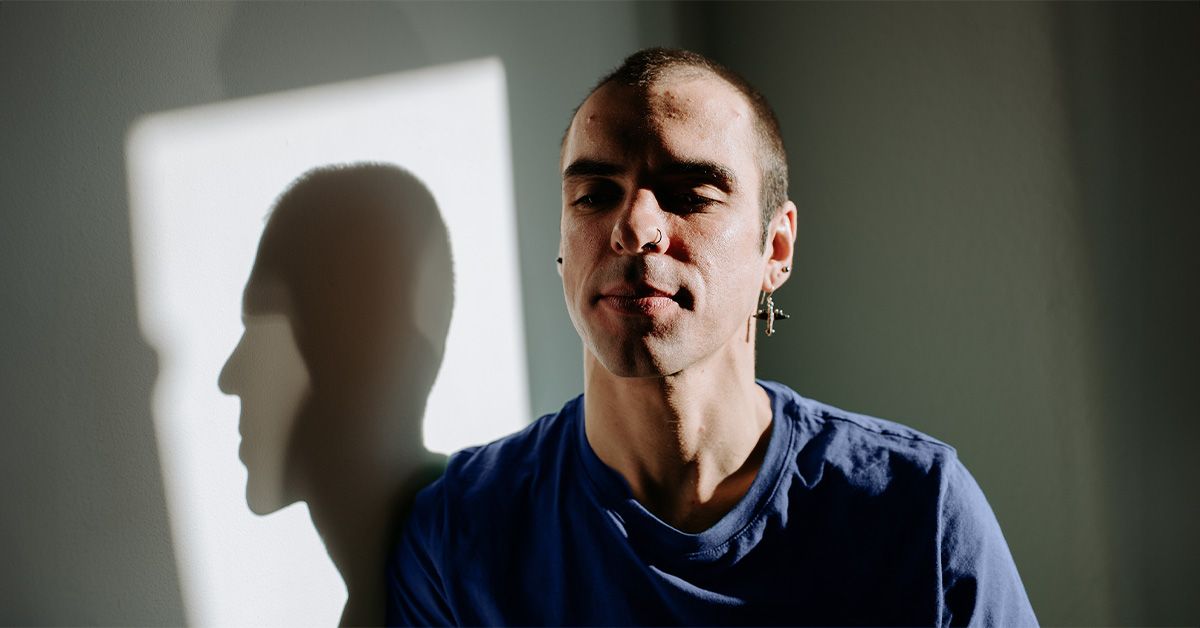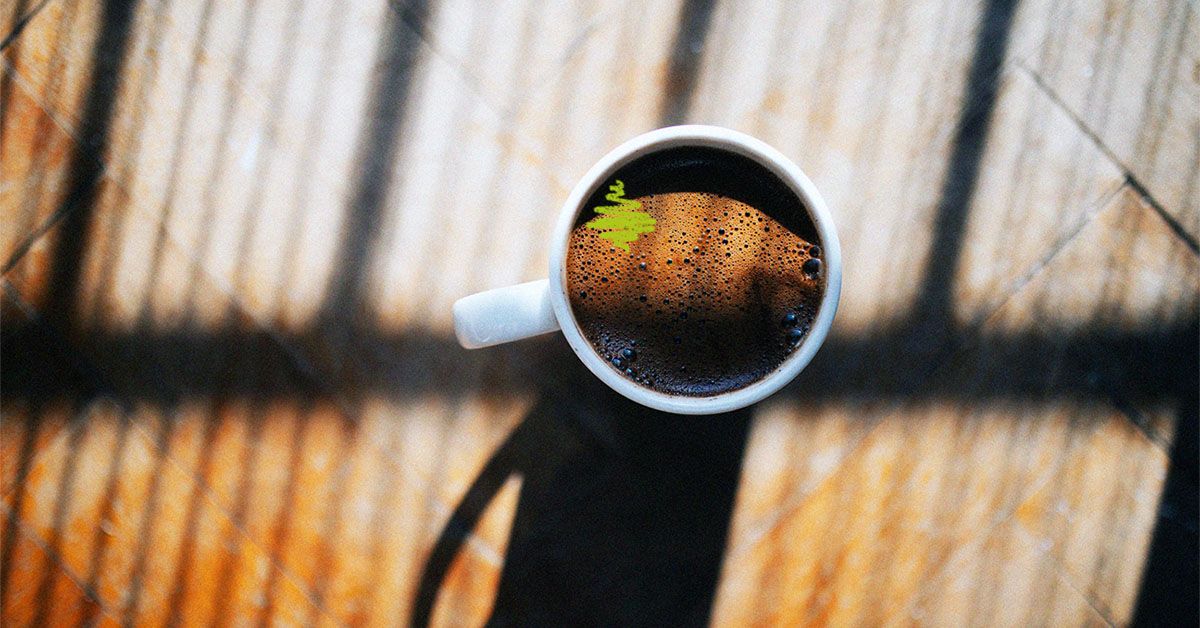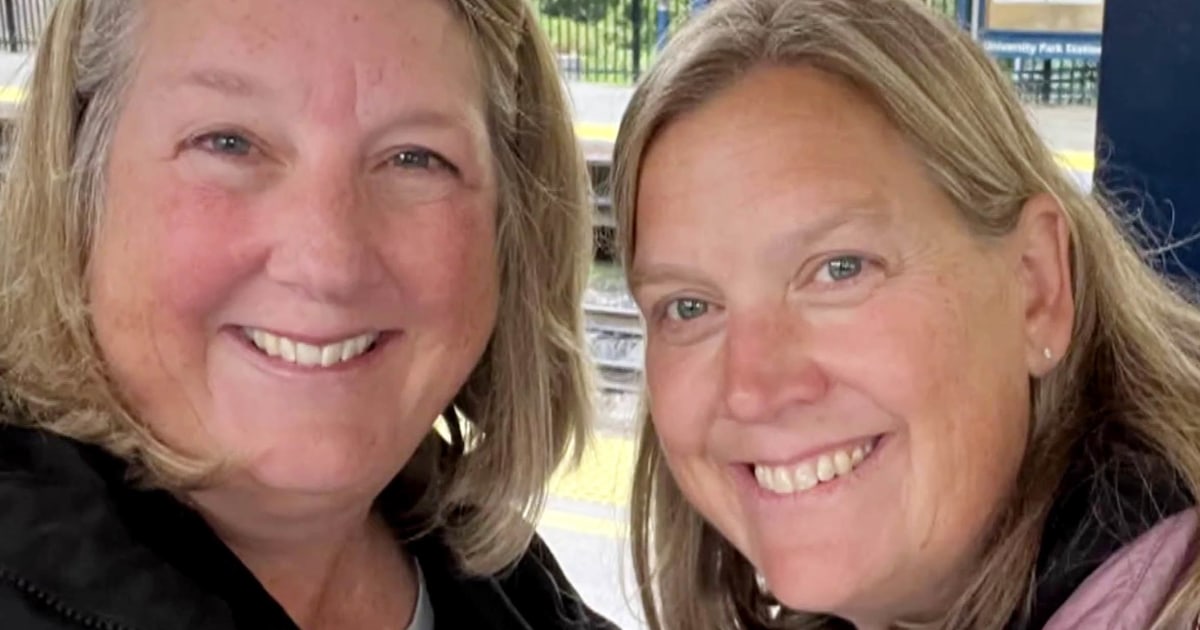Elizabeth Leadbetter, 59, woke up to the sound of her dog, Cowboy, barking in the early hours of Sept. 27 as the strong winds from Hurricane Helene battered her home in Augusta, Georgia.
Leadbetter, who lives alone and is battling cancer for the fourth time, was still recovering from complications after a mastectomy when her home was seriously damaged during the storm.
Now, Leadbetter is struggling to recover physically and financially. Her story is one of many in the wake of Hurricane Helene, and highlights the unique risks cancer patients and chronically ill individuals face during natural disasters.
Research shows that cancer patients receiving treatment in areas with hurricane disasters tend to survive for shorter periods. This can be due to lack of access to care, damage to their homes, and general stress in the wake of the event. Many health care facilities also shift their focus to treating injuries and acute illnesses, rather than maintaining ongoing care for existing patients.
Leadbetter has faced many of these challenges, in addition to struggling to repair her home by herself. She says her insurance company is so inundated with claims that she has to pay out of pocket to get her home fixed, which she can’t afford to do at the moment. A friend has set up a GoFundMe for her.
“A long, hard battle”
Leadbetter’s battle with cancer began in 2009, when she discovered she had Stage 3 breast cancer at the age of 42.
“They found a lump in one breast at a time, so one and then another later, and I had two lumpectomies,” Leadbetter tells TODAY.com.
In the years following her breast cancer battle, Leadbetter discovered she had an autoimmune disease and two other types of cancer. First, she discovered she had cervical cancer during a checkup, for which she underwent treatment.
“Then I went in for a PET scan and I had thyroid cancer, so they removed half my thyroid and it metastasized,” Leadbetter says. In the fall of 2011, she had 31 lymph nodes removed from her neck.
“I really went through it for three years. That was a long, hard battle,” she says.
Eventually, Leadbetter’s condition improved. She was in remission for over a decade. “At my five-year checkup, everything was fine. I was still struggling with the autoimmune disease a bit, but it was not terrible,” she says. “I thought I was good for years.”
After a stressful divorce during the pandemic, Leadbetter says she was “trying to piece her life back together” when she got devastating news. During a checkup last October, doctors discovered the breast cancer had returned.
“The recurrence was (Stage 2) bilateral breast cancer, so the same type of cancer in both breasts,” says Leadbetter. Bilateral breast cancers are rare and only account for about 2–11% of breast cancers, according to a 2023 review published in Nature.
This June, Leadbetter underwent a single mastectomy to remove one breast, even though the cancer was in both. “It was a huge decision to not have a double mastectomy, but I live alone and I needed to have the use of one arm to be able to take care of myself.”
“I’ve had breast cancer surgery before, and even after lumpectomies, I was not able to raise my arms, so a double mastectomy is a huge operation,” says Leadbetter, adding that she planned to do the second one at a later time.
In the weeks after her surgery, Leadbetter developed multiple complications. Two large incision sites around her breast became severely infected, so she was put on antibiotics.
While at the hospital, Leadbetter acquired C. diff, a type of bacteria that causes severe diarrhea, cramping and nausea, per the Mayo Clinic. C. diff often occurs after taking antibiotics and is more common in older adults in hospital settings.
“I’m pretty strong and resilient, but I was knocked out with C. diff,” she says. Leadbetter was eventually put on three antibiotics, which she says caused severe side effects. She was bed-bound for “20 hours a day” for the entire month of July and into August, she says.
“I was so sick, really weak and in a ton of pain.”
Towards the end of August, Leadbetter turned a corner. “I started getting out and walking the dog again, I started driving and seeing friends,” she says. In the weeks leading up to the hurricane, Leadbetter was prioritizing her health and regaining her strength.
“Watching trees falling like matchsticks”
As Hurricane Helene neared landfall, Leadbetter anticipated heavy rain in her neighborhood in Augusta. “That’s all that was forecasted,” she recalls.
“I put out buckets in my yard to collect rainwater for my flowers, that’s the extent of preparation I did. We just had no idea,” adds Leadbetter, who has lived in her home for 22 years.
At 3:30 in the morning on Friday, Sept. 27, Leadbetter says her dog started “going wild” over the sound of the storm. About an hour later, the power went out. By 8:30 a.m., Leadbetter says she was watching the enormous 50-year-old trees around her home “falling like matchsticks.”
Leadbetter and her dog took refuge in the safest place in her house, a small bathroom downstairs. Moments later, she heard a loud crash. “A 90-foot pine tree crashed into my bedroom upstairs.”
Shortly after, another tree went through the wall of her kitchen. Eight trees fell on her property in total, two onto her home and six in her yard.
Leadbetter says she’s lucky the structure was not entirely crushed, like others in the area. However, she says the house is still badly damaged, and she is sleeping downstairs while the holes in her bedroom and kitchen are covered in tarps.
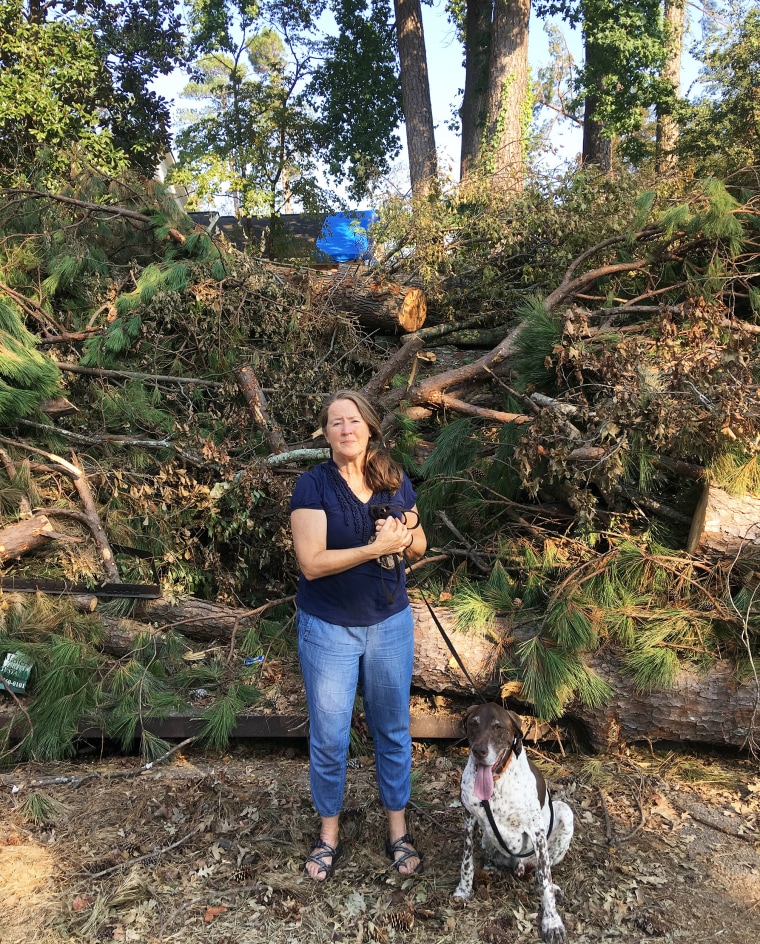
“Running on adrenaline”
After the storm, Leadbetter says she struggled to clear debris and care for herself, as she’s still weak and has limited use of one arm.
The power in Leadbetter’s home was out for over 10 days, from Friday, Sept. 27 to Monday, Oct. 7, she says. During that time, Leadbetter charged her phone in her car until she ran out of gas. “I’m running on adrenaline and just eating canned food,” she says.
Although a crane company removed the large trees that fell onto her house, she says she still has to clean up much of the damage on her own. “I was crying because I just feel so weak, pulling these little branches the best I can,” she says.
As a cancer patient, Leadbetter says she’s highly in-tune with her body and is noticing the impact of the stress: “I can feel it in my joints.” She had a previously scheduled an oncologist appointment on Friday, Oct. 4, which was cancelled due to the hurricane.
Despite the situation, Leadbetter says she feels grateful to be alive and have her house. “We are not Asheville. I’m just praying for them,” she adds.
Leadbetter credits the kindness of neighbors and her community for coming together. “Everybody’s inner hero is coming out,” she adds.
Although many Georgia residents have had power restored, Augusta is still grappling with the devastation inflicted by Helene.
A state of emergency is still in effect, as well as a curfew from 10 p.m. to 7 a.m., and authorities are spraying for mosquitos after an influx following the hurricane, the Augusta Chronicle reported.
As Hurricane Milton approaches, Leadbetter worries that more rain could further damage her tarp-covered home. “I need to scramble,” she says.
Although her plan was to start considering a second mastectomy after she healed from the first one, Leadbetter says her difficult recovery and the hurricane’s damage has halted those plans for now.
“I was so emotionally and physically incapacitated (that) I can’t deal with it again. I need to get my bearings and feel stronger,” she says.
Leadbetter, who turns 60 in a few weeks, says she is taking things day by day. “It’s so cliche, but I truly just try to enjoy a peaceful, simple life.
Read the full article here



